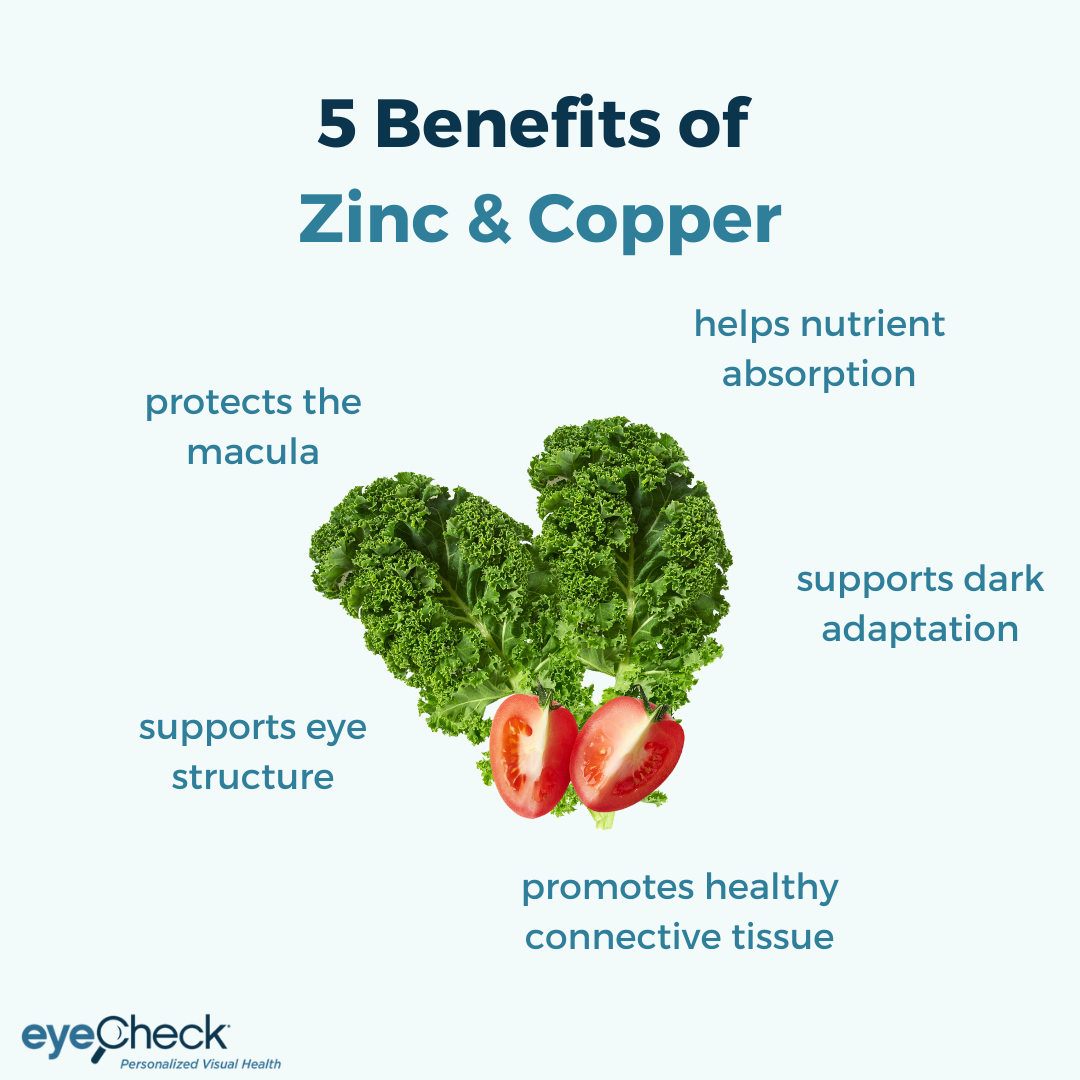Zinc is a vital trace mineral that plays a fundamental role in numerous biological processes in the human body. Though required in small amounts, its presence is crucial for overall health, making it an essential nutrient in the diet. This article explores the various benefits of zinc, its dietary sources, recommended intake, and the risks associated with both deficiency and excessive consumption.
What Is Zinc?
Zinc is a trace element, meaning the body requires only minute quantities. It is found in cells throughout the body and is necessary for the activity of over 300 enzymes that aid in metabolism, digestion, nerve function, and many other processes. Zinc also plays a key role in DNA synthesis, wound healing, immune response, and cell division.
Key Health Benefits of Zinc
1. Boosts Immune Function
Zinc is perhaps best known for its immune-boosting properties. It helps the body fight off invading bacteria and viruses by activating T-lymphocytes (T-cells), which are crucial for immune responses. Numerous studies have shown that zinc supplementation can reduce the duration and severity of the common cold.
2. Supports Wound Healing
Zinc is essential for tissue growth and repair. It plays a major role in collagen synthesis and inflammatory response, making it indispensable for proper wound healing. People with chronic wounds or ulcers often show improved healing outcomes with zinc supplementation.
3. Promotes Healthy Growth and Development
Zinc is critical during periods of rapid growth, such as infancy, childhood, and adolescence. It aids in cell growth and replication, making it essential for normal physical development. A deficiency during these stages can lead to stunted growth and delayed sexual maturation.
4. Enhances Brain Function
Zinc supports neurotransmitter function and helps maintain brain structure and health. It contributes to memory formation and cognitive stability. Emerging research suggests that zinc imbalance may be linked to neurological conditions such as depression, ADHD, and Alzheimer’s disease.
5. Improves Skin Health
Zinc has anti-inflammatory properties and helps reduce the severity of acne by regulating oil gland activity and healing tissue damage. It is also a common ingredient in topical treatments for skin conditions like eczema and psoriasis.
6. Aids Reproductive Health
Zinc is vital for fertility in both men and women. In men, it is essential for sperm production, motility, and testosterone synthesis. In women, zinc supports egg development and hormone regulation.
7. Supports Eye Health
Zinc is present in high concentrations in the retina. It helps convert vitamin A into its active form, which is essential for good vision. Adequate zinc intake has been associated with a reduced risk of age-related macular degeneration (AMD), a leading cause of blindness in older adults.
Dietary Sources of Zinc
Zinc can be found in a wide variety of animal and plant-based foods. Good sources include:
- Meat: Beef, pork, lamb
- Seafood: Oysters (highest source), crab, and lobster
- Poultry: Chicken and turkey
- Dairy: Milk, cheese, and yogurt
- Legumes: Lentils, chickpeas, and beans
- Nuts and Seeds: Pumpkin seeds, cashews, and almonds
- Whole Grains: Oats, quinoa, and brown rice
- Fortified Foods: Breakfast cereals and snack bars
Note: Zinc from animal sources is more bioavailable (easier for the body to absorb) than from plant sources, due to the presence of phytates in plants that can inhibit absorption.
Recommended Daily Intake
The Recommended Dietary Allowance (RDA) for zinc varies by age and sex:
- Men (19+ years): 11 mg/day
- Women (19+ years): 8 mg/day
- Pregnant women: 11 mg/day
- Lactating women: 12 mg/day
- Children and adolescents: 2–11 mg/day depending on age
Signs of Zinc Deficiency
Zinc deficiency is relatively uncommon in developed countries but can occur, particularly in vegetarians, people with gastrointestinal diseases, chronic kidney disease, or those with poor dietary intake. Symptoms include:
- Frequent infections
- Delayed wound healing
- Hair loss
- Loss of appetite
- Impaired taste and smell
- Skin rashes
- Growth retardation in children
Risks of Excess Zinc Intake
While zinc is essential, too much can be harmful. Chronic high intake can lead to:
- Nausea and vomiting
- Loss of appetite
- Abdominal cramps
- Headaches
- Immune dysfunction
- Copper deficiency, which can lead to neurological problems
The Tolerable Upper Intake Level (UL) for adults is 40 mg/day from supplements and food combined.
Conclusion
Zinc is a powerhouse mineral that supports vital bodily functions including immunity, healing, cognitive health, reproduction, and more. While a balanced diet generally provides sufficient zinc, supplementation may be necessary in certain cases such as pregnancy, restrictive diets, or medical conditions. As with any nutrient, moderation is key. Consulting a healthcare provider before starting zinc supplements is recommended to avoid potential side effects and ensure optimal health benefits.



